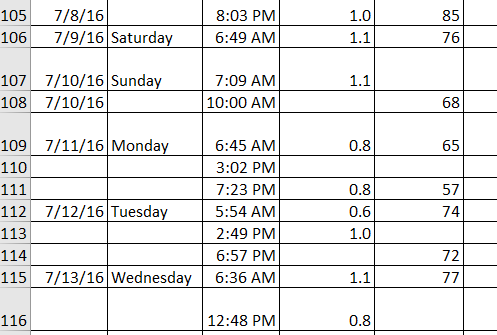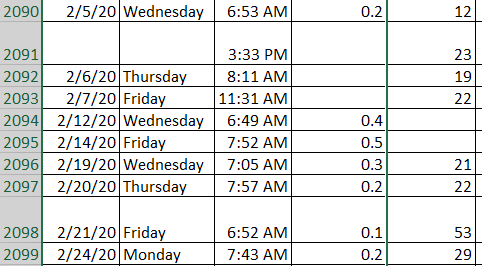Amber O’Hearn wrote a fascinating article on Vitamin C[1]. Only thing she didn’t cover is how Vitamin C can effect ketone readings (false high) including Hematocrit levels[2] ect.
I think what matters even more is how ketones look when on a high carb diet 4 hours into sleep and 4 hours after that in the morning? Getting some general populous percentages on that could help determine metabolic fitness and flexibility (e.g. pre-indicative of insulin resistance, pre-diabetes), and the need to be on a ketogenic diet? On a need to be basis so it is not being forced into unnatural levels for long periods of time in nature that are not normal for the human body based on food choices and availability of types of foods?
The hypothesis:
METABOLIC FITNESS & FLEXIBILITY: For example if you eat all your high carbs in the morning rather than at night, that gives your body a chance to have a tiny fast and make ketones or oxidize fatty acids while you sleep?
Footnotes:
[1] “…Vitamin C is chemically similar to glucose, and its synthesis is intimately tied to glucose metabolism. You may have already read that vitamin C and glucose compete for uptake in cells. That’s based on the fact they their chemical similarity allows them to use the same cell receptor (Glut1) [4]. …More
She really did a good job on that (above footnote)!
[2] “…Also beware many things can effect ketone readings also like hematocrit levels and vitamin C and give false high readings. …” …More


